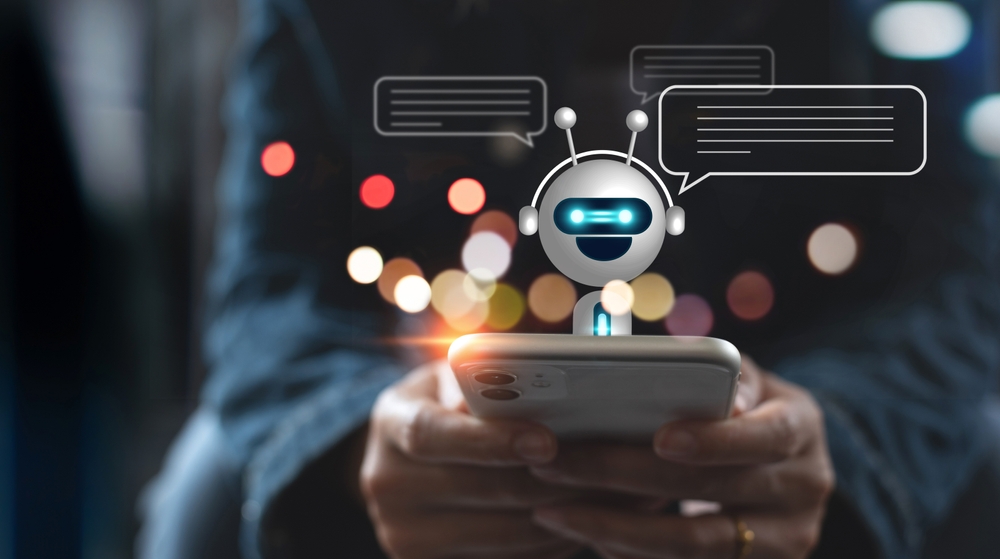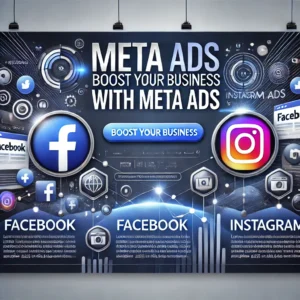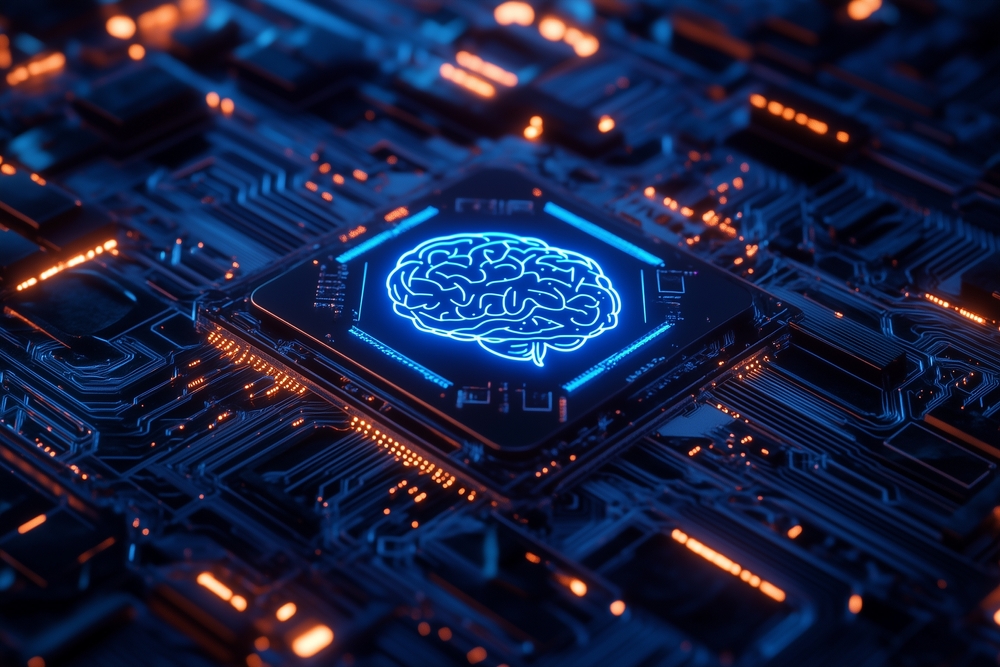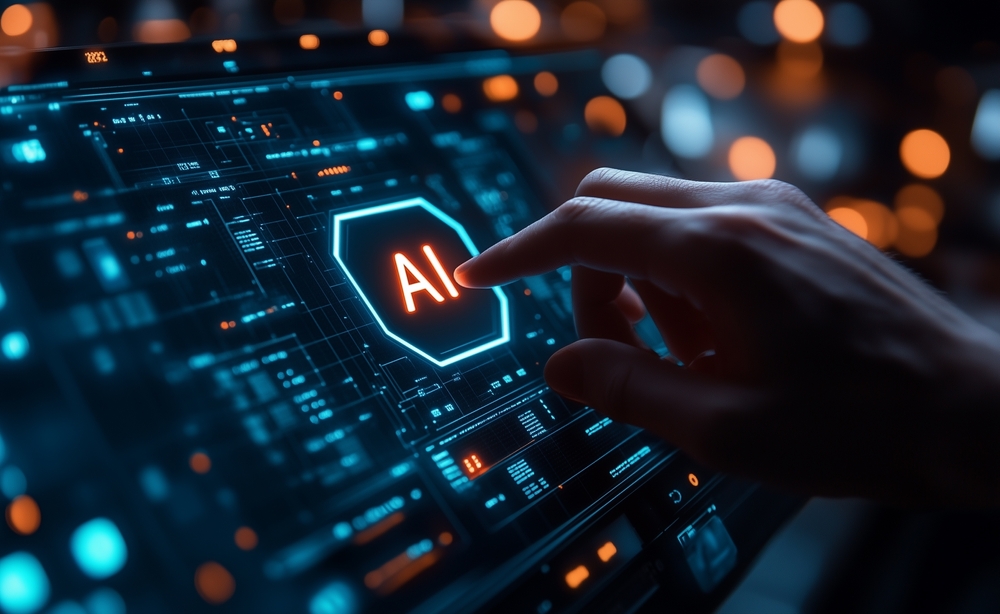The Power of AI in Marketing
Enhancing Customer Insights and Personalization
Speed and Precision – The Most Prominent Feature of Artificial Intelligence which makes the difference when it is applied in Marketing Through AI-driven tools, data from disparate sources such as customer interactions and social media activity or market trends can be evaluated to produce valuable insights. Marketers can utilize this profound analysis For having insight into consumer behavior, likings, and purchase journeys like never before.
Modern marketing is primarily defined by personalization, an attribute that AI has no equal. AI can analyze these data and use them to create personalized marketing campaigns that will connect effectively with all customers, on a personal level. AI has the capability to deliver personalized content, product recommendation, and promo offers for each customer which can translate to better consumer engagement and conversion rate.
Predictive Analytics and Enhanced Decision-Making
A marketing dash with predictive analytics is another tool that really flexes the muscle of AI in marketing. Using historical data to detect patterns, AI algorithms can forecast future trends, customer behaviors, and market dynamics. Allow providing customers with what they need before they even know it, manage your inventory better, know when you have to make a strategic decision based on data.
As an example, with AI it is possible to determine the highest likelihood lead candidates for converting to a customer and elegant low potential leads, allowing sales teams to focus on high opportunity leads. Alongside this, predictive analytics can predict which customers are in danger of churning, giving organizations the ability to proactively roll out retention strategies that are tailored towards these sets of customers.
Automating Marketing Processes
Automation of repetitive, time-consuming marketing ideas is the area where AI plays a giant role in boosting operational efficiency. There are also several functions AI-powered tools can manage for you including:
Content Creation: Generative AI is able to write original content such as blog posts, social media posts and product descriptions according to predefined instructions and customer data.
Email Marketing: With Artificial Intelligence, AI can automate email campaigns design and scheduling to deliver them according to the time you are likely to open or click through.
Customer Care: The use of AI chatbots automatically responds to customer requests with a personalized response; Items can be recommended or problems can be identified, so that customer service is directed less individually on this and more emphasis is put on complex issues.
Competitive Analysis and Strategic Planning
Using these sources of data, AI-driven competitive analysis tools can provide businesses with information on the strategies and strengths and weaknesses of their competitors. These insights into the competition allow companies to recognize gaps in the market, capitalize on them and improve their marketing strategies.
If you want to know how AI can help your marketing, it can better analyze your competitors and study their SEO games, content strategies and social media performances for useful insights that work and that do not. Company secrets are shared with business leaders giving many businesses ways to iterate and make improvements on marketing campaigns, search engine ranking possibilities or better organic traffic gen needs.
Future Trends and Speculations
The future of AI in marketing looks promising, with several trends set to shape the industry:
Advanced Predictive Analysis
An improved predictive analysis is what AI models will be capable of doing with more sophistication. Leveraging such future AI systems will deliver deep, real-time attestation from ever-growing datasets for more precise and actionable insights. With this, marketers can make better decisions, improve their campaigns and achieve success.
Broader Content Generation Capabilities
In the present, AI mainly performs text generation. Eventually, AI models will progress to being as proficient at producing images and videos, albeit with lower accuracy. Super helpful for marketers, especially as consumer preferences for visual content continue to rise.
More Realistic Conversational AI
AI chatbots have been making the rounds already, but soon their conversational ability will become more human. This will make these interactions with customers more human and engaging. This would be a year where marketing strategies will increasingly use AI-powered virtual assistants to provide personalized assistance and recommendations harmoniously.
Integration Across All SaaS Products
AI assistants will be available in all software (SaaS) products, terribly assisting marketers to optimize their usage of such tools. It will give suggestions for optimizations on autopilot & will analyze data, gives key insights and therefore AI will assist u in your strategic decision making & in all this it would be helping inherently with the efficiency of marketing. Attributed to Shutterstock image.
Also Read: Zara Shatavari-Journey of AI Influencer and Miss AI Finalist
Conclusion
Market Sense AI is also an improved part of the marketing and has lots of advantages, with opportunities for a variety of markets working in a competitive market. Utilizing AI allows companies to glean better customer insights, improve personalization, automate tasks and inform data directly. All in all, as AI technology expands and develops, its influence in marketing only becomes more pronounced, encouraging breakthroughs and creating new customer relationships for businesses.





